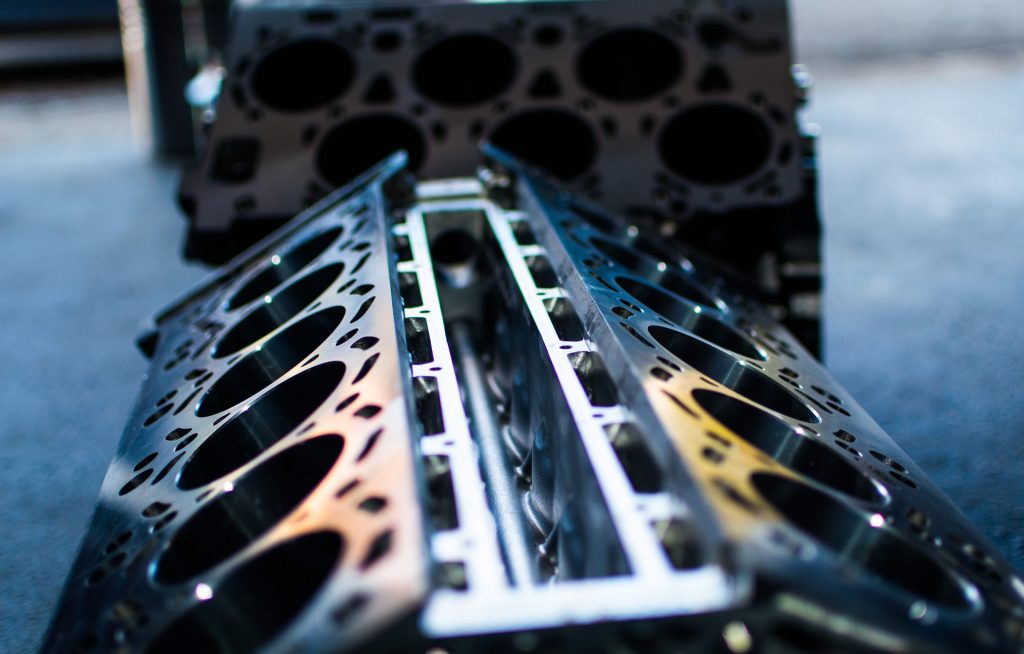If you're searching for “how to know if your car needs a new engine,” Here's what you should watch for:
- Unusual noises and vibration
- Excessive smoke from the exhaust
- Decrease performance and power
- Overheating issues
- Continuous oil leaks
- Strange oil consumption
- Check engine light illuminating
- Loss of power
- Engine stalling
- Engine misfiring
Your car engine represents its heart. When it's not working properly, your vehicle will not work, and it will suffer from many problems that might make your driving experience miserable.
Understanding what to watch for when your engine fails is critical to help you expect the repair costs and determine your next step.
This article highlights the ten most common symptoms indicating your car needs an engine. Whenever you deal with these symptoms, you must sit back and determine your options before spending money trying to fix this car.
How do you know if your car needs a new engine?
When you deal with engine problems, your vehicle will show significant symptoms, and if the engine is completely failing, these symptoms will be obvious. Therefore, you must determine when you're dealing with such a problem to understand your options.
The following list highlights the ten most common symptoms indicating that your engine is failing and should help you answer the question, “How do you know if your car needs a new engine?”
1- Unusual noises and vibration
As your engine is about to fail, you'll first notice weird engine noise and even vibration from the engine compartment. You should consult the mechanic immediately whenever you deal with any of those, including engine knocking or grinding.
While your mechanic might be able to fix the engine and save the day by replacing some internal components, in many situations, the engine might be gone already, and you have to replace it.
2- Excessive smoke
Engine problems will show minor symptoms, but some major symptoms indicate that your engine is completely damaged. Some of those include the excessive smoke coming out of the hood.
This situation can be very scary to many inexperienced drivers, and it might indicate that your vehicle is dead already. In that case, you must talk to your mechanic and see what needs to be done next and whether the engine is repairable.
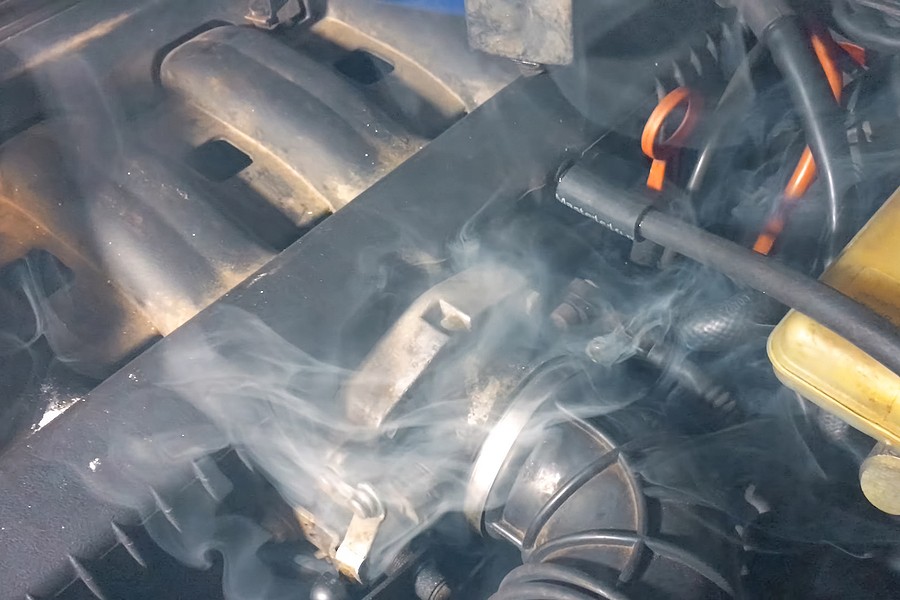
3- Decrease performance and power
When your engine fails, you'll notice a significant reduction in the engine performance, and the power will not be the same as when you first purchased this or drove this car.
That's why whenever you notice a reduction in engine performance, you should not ignore the problem because it will lead to a complete failure that will not be repairable in some instances.
4- Overheating issues
As your engine ages, it will not be able to provide you with the required energy without being stressed out. If the engine is always stressed, it'll be overheated, which you'll notice on that dashboard.
For example, if you realize that the dashboard is reading very high or erratic readings, it indicates that the engine is failing. The more you wait and the problem, the closer you get to a complete engine failure.
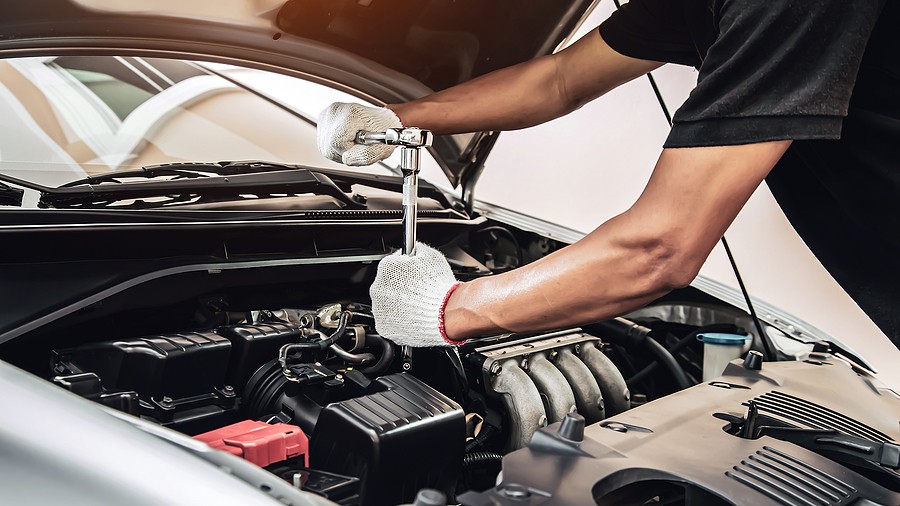
5- Continuous oil leaks
Your vehicle contains a lot of fluids that should be maintained within the right quantity and quality. If one of those fluids leaks continuously, it indicates that the vehicle is failing.
For example, if your engine oil leaks continuously, several weeks are sealed within the engine, indicating that the engine needs to be replaced. Sometimes, the mechanic might have the idea to seal some of those seals, but in most instances, you'll need to replace the engine, especially if your vehicle approaches the end of its lifetime.
6- Strange oil consumption
Your engine should not consume too much oil beyond what it's designed for. If this starts to happen, your engine is approaching the end of its lifetime, and you'll most likely need a new engine.
For instance, if you keep dealing with a low oil pressure and this is not related to any internal or external leaks, it could indicate that the engine is simply consuming this oil, which is not good.
Your mechanic should help you perform a detailed inspection to confirm exactly what is going on and whether this reduction in engine oil is because of an engine problem or any internal or external leaks.
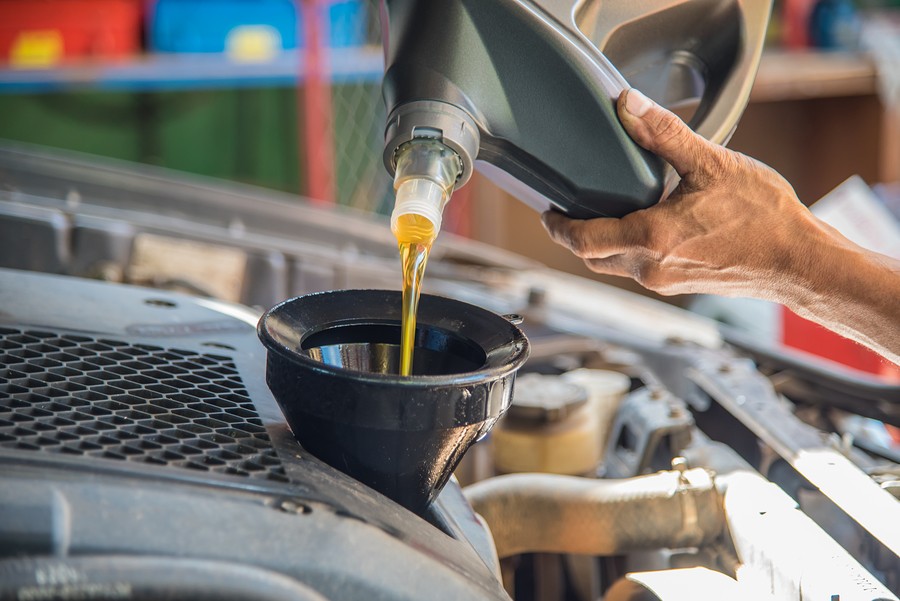
7- Check engine light illuminating
Another thing to watch for when searching for how to know if your car needs a new engine is any potential warning lights on the dashboard. Typically, a bad engine will usually be associated with a check engine light Illuminating.
Regardless of what, this check engine light is lit triggered because you should not ignore it. In other words, any warning light on ash word should be taken seriously, especially the check engine light. The more you wait on the problem, and then we'll ignore it, the harder it gets to fix it.
8- Loss of power
If you're driving your car and realize that it lost power completely, it clearly indicates that your vehicle needs a new engine. The problem might be linked to various simple issues you can address, but in many situations, your engine needs replacement.
Losing power can be serious, especially if driving in traffic or on the highway. Therefore, you should not ignore the problem because it might impact your safety and the safety of other people driving with you.

9- Engine stalling
Another critical problem that you might deal with is engine stalling. This can also be a safety issue that might impact you and the people driving with you. Therefore, you must address it as soon as possible, not because it's a potential indication that your engine is completely failing, but because it could be linked to a minor issue you could address.
10- Engine misfiring
Finally, a completely failed engine is expected to deal with more engine misfiring; if this happens, you must address the problem immediately and replace the engine with either A used or brand-new engine.
Of course, before you decide on the engine or replace it, you need to do the right math and see if it's worth even replacing it, which we will follow in the section.
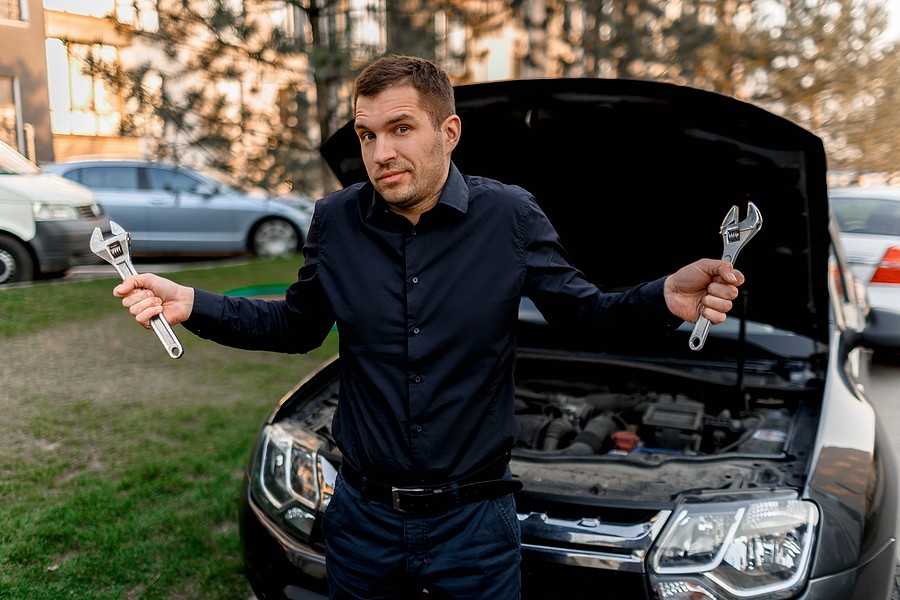
Is it worth replacing my car engine?
If you get to a situation where your car suffers from a completely failed engine, you must make the right decision. Unfortunately, replacing the engine, even with a used one, is not easy. Therefore, you mustn't immediately replace the engine without thinking through it.
In general, a little more experts recommend that you do the math and determine how much your repair costs are. If you realize that repair costs are approaching 75% or more of your vehicle value, it's not worth fixing your car.
Even if the repair costs are not going to be significant, sometimes you might have another vehicle or be ready to sell this car to purchase a new vehicle as an upgrade. In that case, you don't need to spend the time and effort trying to fix this engine because, as you're selling it, you won't make a huge amount of money by simply replacing the engine.
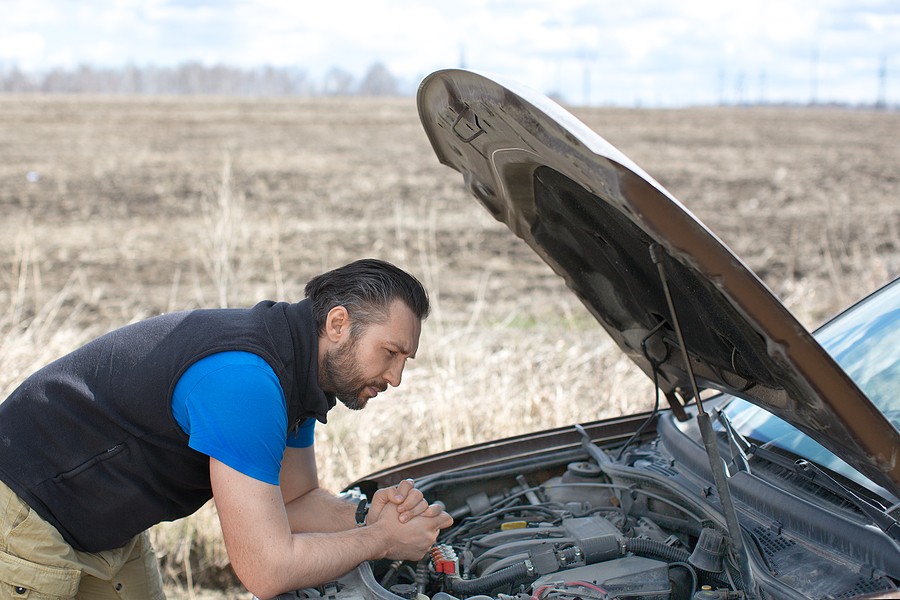
How to Know If Your Car Needs a New Engine? Final Thoughts
Your vehicle engine is a critical component; when it fails, it means your vehicle is dead. In that case, you should watch for any symptoms indicating A failing engine.
This article highlighted the ten most common symptoms indicating that your car engine is gone, and it should help you answer the question, “How do you know if your car needs a new engine?”
Whenever you deal with these symptoms, you must determine whether you should fix this car or sell it instead. In most scenarios, people lean towards selling the vehicle because repair costs are expensive.
If you aren't ready to sell this vehicle and want someone to pick it up immediately, call Cash Cars Buyer at 773-791-4363.
If you're interested in similar posts, we highly encourage you to visit our blog by clicking here.

